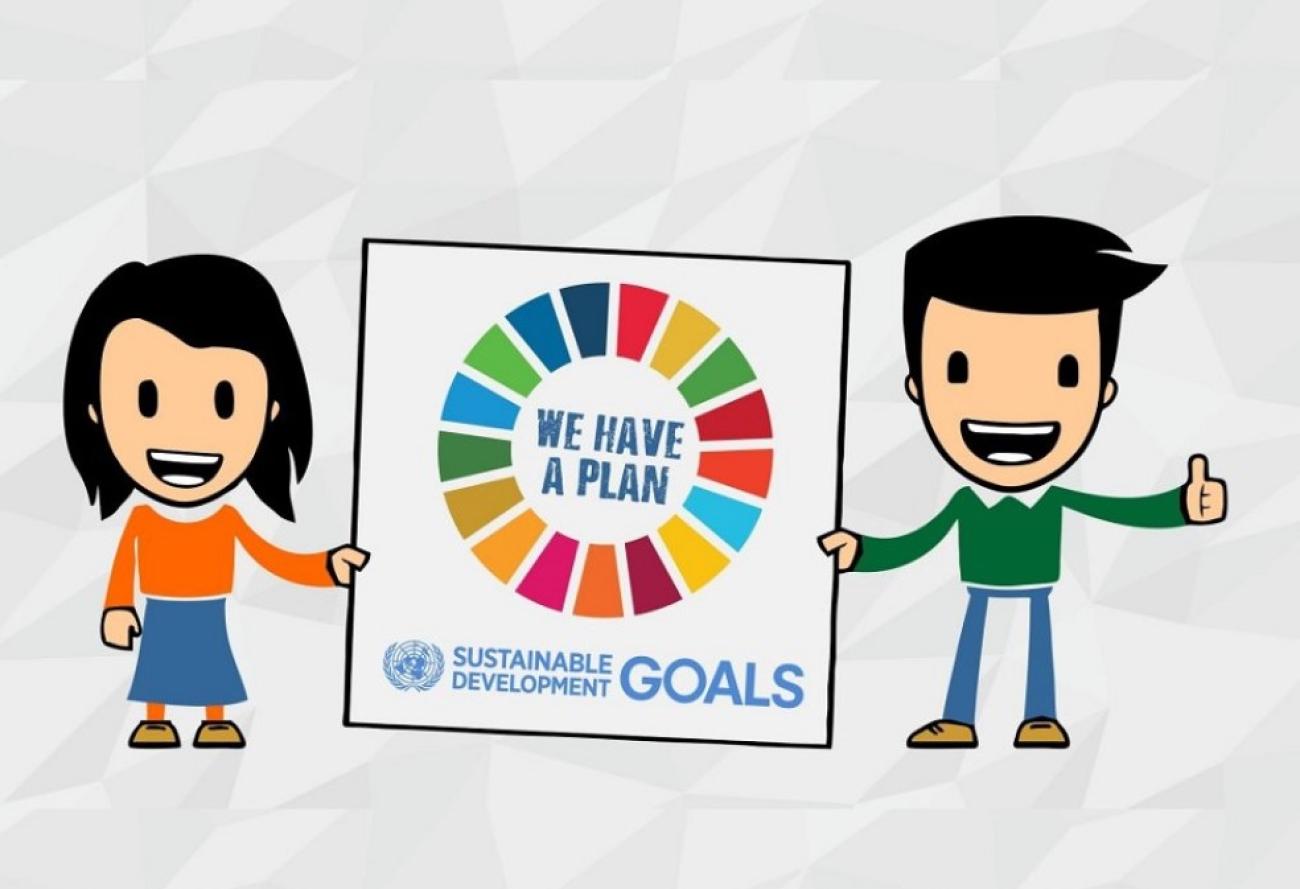Adapting National Strategy for Sustainable Development to Agenda 2030

The Strategy was adopted by the National Council for Sustainable Development in June 2016.
National ownership
Montenegro’s ambitions as an ‘ecological state’ pursuing a sustainable development path stem from the 1990s and were reflected as early as 1992 in the text of the Constitution. This interest was further reflected in the country’s high level of participation in global debates on the formulation of the SDGs, particularly through the Open Working Group, where the views of 12,000 people from national consultations ‘Montenegro – the Future I Want’ were presented.
The UN Montenegro and the civil sector collaborated closely with the government in the ambitious consultation process with the people of Montenegro, which included the most marginalized populations. In close cooperation with the UN, the government launched the 2030 Agenda and the SDGs on the occasion of the 70th anniversary of the UN, using a jointly developed animation entitled ‘We have a plan’.
Institutional coordination
In 2002, Montenegro established a National Council for Sustainable Development, which acts as an advisory body to the government for implementing sustainable development policies, while the line ministry responsible for sustainable development is in charge of implementation.
Chaired by the President and consisting of 25 members (representatives of ministries, local authorities, the business sector, public institutions, civil society and independent experts), the National Council provides recommendations to the government for implementing sustainable development policies; harmonizes sectoral policies with the principles, objectives and measures of sustainable development, climate change and integrated coastal zone management; and amends the existing regulations and adopts new regulations for the harmonization of socio-economic development and conservation of natural resources with sustainable development policies.
Since the adoption of the first National Strategy for Sustainable Development (NSSD) in 2007, a new strategy has been proposed to reform the institutional set-up, in order to further strengthen capacities at the Ministry for Sustainable Development and Tourism and the public administration and improve their cooperation with national and international partners. The existing National Council was thus reformed as the National Council for Sustainable Development, Climate Changes and Integrated Coastal Zone Management, covering more diverse and integrated issues.
Reviewing existing plans and adapting the SDGs to the national context
A draft version of the NSSD 2030 was adopted by the Government of Montenegro, and a mapping of the indicators and targets proposed for each goal against existing national statistics was completed. Public consultations with a broad spectrum of relevant stakeholders have been held, and the NSSD has fully aligned national goals with the 2030 Agenda.
The Strategy was adopted by the National Council for Sustainable Development, Climate Change and Integrated Coastal Zone Management in June 2016, while the final adoption by the government is expected in mid-2016. The previous NSSD and MDG Progress Reports were used as important inputs to the new NSSD 2030. Discussions held within the Open Working Group on SDGs, intergovernmental negotiations and the outcomes of the Addis Ababa Action Agenda influenced the content and timing of the Strategy.
A longer time horizon was adopted to align it with the 2030 Agenda, and ‘governance and financing’ for sustainable development was given a central position. The UN contributed to the development of the new NSSD, and it is expected to be further involved in setting up a national monitoring and evaluation system to track progress in implementing the NSSD Action Plan. Moreover, the government and UN Montenegro developed a new plan of cooperation for 2017–2021, taking the 2030 Agenda as a starting point for UN interventions in the country.
They are currently working on developing an online hub that will inter alia help to communicate the SDGs and engage with partners in their implementation of the NSSD.
Monitoring and reporting
Monitoring and reporting on implementation of the NSSD has been taken seriously. An integrated NSSD monitoring framework proposes using 231 global SDG indicators, 281 national indicators, 9 composite indicators, and 36 other indicators provided by international organizations that are relevant to Montenegro.
Overall, 42.3 percent of the global set of SDG indicators will be tracked through existing or newly accessible data by 2018, since the preparation of the First National Report on NSSD implementation is planned in 2019. It is anticipated that by 2024, 74.7 percent of SDG indicators will be regularly monitored and reported on. Specific tasks are being assigned for the collection and storage of input data for the statistical indicators, as well as protocols for exchanging data and ensuring compatibility.
The need for improved capacity is highlighted if reporting on the full range of indicators of sustainable development is to be realized.
















